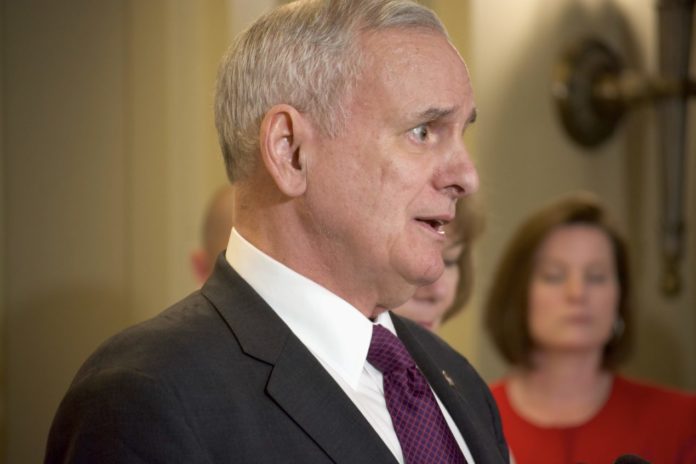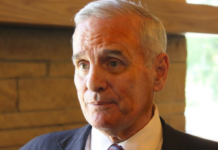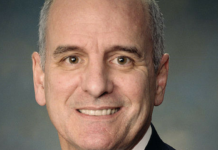ST. PAUL, Minn.- Gov. Mark Dayton recently proclaimed that his court battle with the legislature in part revolves around wanting Minnesota to keep an estate tax.
An estate tax is a tax levied on the earnings of a person who has died if that person was making a certain amount of money. Previously, a taxable estate was one at $1.8 million or more. Legislation attached to the 2017 budget however, has increased this to $3 million or more, though the top tax rate remains at 16 percent. However, family owned businesses are exempt until $5 million. Minnesota’s estate tax is an addition to the federal estate tax, which sits at $5.49 million.
“The estate tax to me is an evil tax, because somebody died and you tax them again — that’s not very Minnesota nice.” Rep. Greg David (R-Preston), Chairman of the House Taxes Committee told MinnPost. “ I don’t care how much money someone has or makes as long as it’s done legally. That should not be the business of government, we should encourage people who are financially successful, not discourage them.”
Dayton argues raising the taxable estate exemptions would dramatically reduce tax revenue. However, the estate tax, at most, accounts for less than one percent of the state budget in any given year, according to MinnPost.
Following the passage of the 2017 budget, Dayton vetoed funding for the MN legislature. This would lead to state legislative Republicans filing a lawsuit against the governor and other members of Minnesota’s executive branch. On July 19, a Minnesota court judge declared that Dayton’s veto was unconstitutional. The court stated in its ruling the veto “effectively [eliminates] a co-equal branch of government.” Dayton has appealed this decision to the Minnesota Supreme Court on July 24.

















